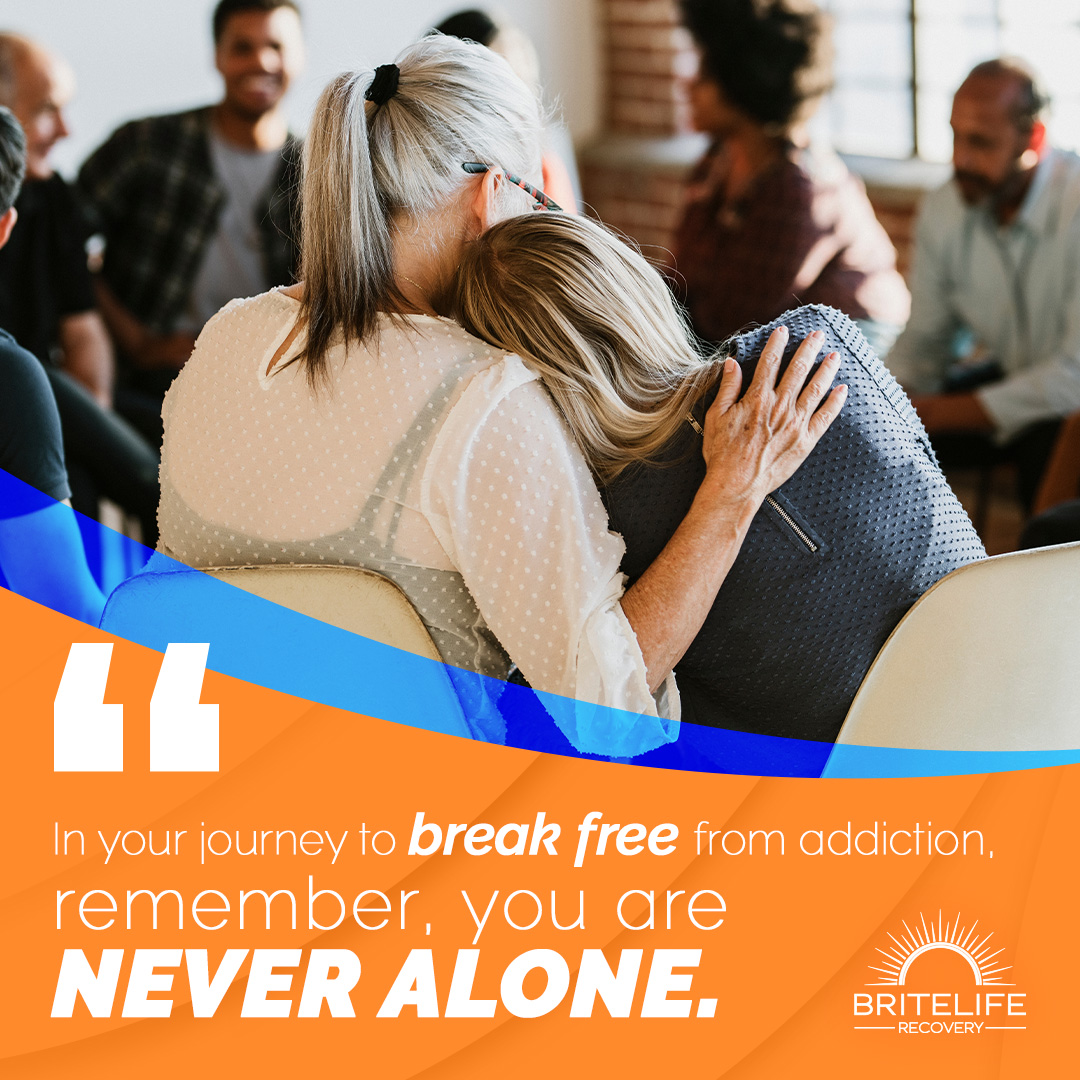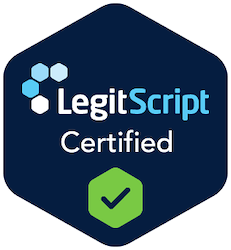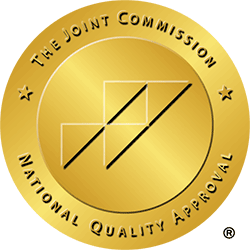Addressing and Overcoming the Challenge
Heroin addiction remains a major concern for public health in the United States, leading to serious health and societal issues. Here at BriteLife Recovery, we recognize the harmful effects of heroin addiction and are dedicated to offering inclusive treatment options to support individuals in conquering this obstacle. This information page aims to provide insights into heroin addiction, its risks and BriteLife’s efforts in tackling it across Pennsylvania, South Carolina, and New York.
Exploring Heroin Dependency
Heroin, a type of opioid originates from morphine, a substance naturally found in the seed pod of the opium poppy plant. It is commonly encountered in white or brown powder forms or as a dark, sticky substance known as “black tar heroin.” People can administer heroin by injection, snorting or smoking it to quickly reach the brain. This substance is highly habit forming because it induces intense feelings of euphoria – an overwhelming sense of joy and relaxation – which strongly encourages repeated consumption. With time, individuals build up a tolerance and need higher doses to experience the same effects, perpetuating the cycle of dependency.

Symptoms of Heroin Addiction:
- Intense euphoria followed by drowsiness
- Slow breathing and heart rate
- Dry mouth
- Warm, flushed skin
- Heavy extremities
- Clouded mental functioning
- Alternate wakeful and drowsy states

Symptoms of Heroin Addiction:
- Intense euphoria followed by drowsiness
- Slow breathing and heart rate
- Dry mouth
- Warm, flushed skin
- Heavy extremities
- Clouded mental functioning
- Alternate wakeful and drowsy states
Check out these surprising statistics and explore BriteLife’s approaches to tackling them in various regions:
Pennsylvania:
In the Pennsylvania Behavioral Health Barometer report, it was found that around 0.54% of people aged 12 and above admitted to using heroin in the previous year. This is higher than the national average of 0.30% and even the regional average of 0.48%.
BriteLife’s approach in Hanover, PA involves providing specialized programs tailored to help individuals dealing with heroin addiction overcome their unique challenges. The center offers a holistic approach combining evidence based treatments like Cognitive Behavioral Therapy (CBT) and Medication Assisted Treatment (MAT) in both detoxification and residential care programs to promote sustained recovery.
South Carolina:
The latest report on behavioral health in South Carolina shows that a very small percentage, around 0.03%, of individuals aged 12 or older admitted to using heroin in the past year. This is lower than the regional average of 0.25% and the national average of 0.30%.
In Hilton Head Island, South Carolina, BriteLife Recovery’s facility offers customized treatment programs for those struggling with heroin addiction. The peaceful surroundings create a supportive atmosphere for detox and rehabilitation, where clients receive individualized care and therapy designed to address both their addiction and its root causes.
New York:
In data from the New York Behavioral Health Barometer, it was found that only 0.20% of individuals aged 12 or older admitted to using heroin in the previous year. This is lower than the national average of 0.30% and the regional average of 0.31%.
In West Kill, NY, BriteLife Recovery provides a holistic approach to treating heroin addiction. Their program includes detoxification, residential care and ongoing support to assist individuals in overcoming their addiction and maintaining long lasting recovery.
Dealing with heroin addiction is a pressing concern that requires immediate and thorough intervention. BriteLife Recovery is committed to delivering effective and compassionate care to individuals facing addiction challenges. Our facilities in Pennsylvania, South Carolina, and New York are well equipped to provide top notch treatment, ensuring each person receives the necessary assistance for long term recovery.
If you or someone dear to you is grappling with heroin addiction, reach out to BriteLife Recovery today to discover more about our programs and embark on the journey towards a healthier, addiction free life.
Questions About Heroin Addiction
What are the signs of heroin addiction?
Heroin addiction signs include intense euphoria, pinpoint pupils, drowsiness, nausea, and needle marks on the body. Behavioral changes such as secrecy, neglect of responsibilities, and financial problems are also common.
How does heroin affect the brain?
Heroin rapidly binds to opioid receptors in the brain, causing a rush of euphoria. Repeated use alters brain function, leading to tolerance, dependence, and severe withdrawal symptoms upon cessation.
What are the risks of heroin overdose?
Heroin overdose can lead to respiratory depression, unconsciousness, and death. Risk increases with higher doses and when mixed with other substances.
What treatments are available for heroin addiction?
Effective treatments include medication-assisted treatment (MAT) with methadone, buprenorphine, or naltrexone, combined with behavioral therapies such as cognitive-behavioral therapy (CBT) and motivational interviewing (MI).
Can heroin addiction be treated successfully?
Yes, with comprehensive treatment including MAT, counseling, and support groups, individuals can recover from heroin addiction and maintain long-term sobriety.
How does heroin withdrawal feel?
Withdrawal symptoms include intense cravings, sweating, shaking, nausea, vomiting, diarrhea, and severe muscle aches. Professional medical supervision is recommended during detox.
What is the impact of heroin addiction on families?
Heroin addiction often strains family relationships, leading to emotional distress, financial hardship, and disruption of family dynamics. Family therapy can be beneficial.
Why is heroin so addictive?
Heroin is highly addictive due to its rapid onset of euphoria and its ability to create physical dependence. Users quickly develop tolerance, requiring more of the drug to achieve the same effects.
How does heroin addiction impact overall health?
Heroin addiction can lead to a range of health issues, including infectious diseases (HIV, hepatitis), collapsed veins, infections, and mental health disorders like depression and anxiety.
What support is available for loved ones of heroin addicts?
Support for families includes therapy, support groups like Nar-Anon, and educational resources to help them understand addiction and learn how to support their loved one’s recovery journey.


